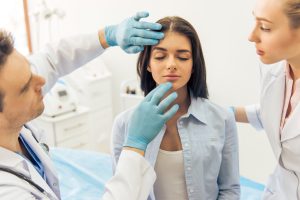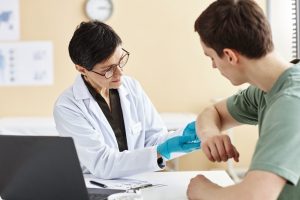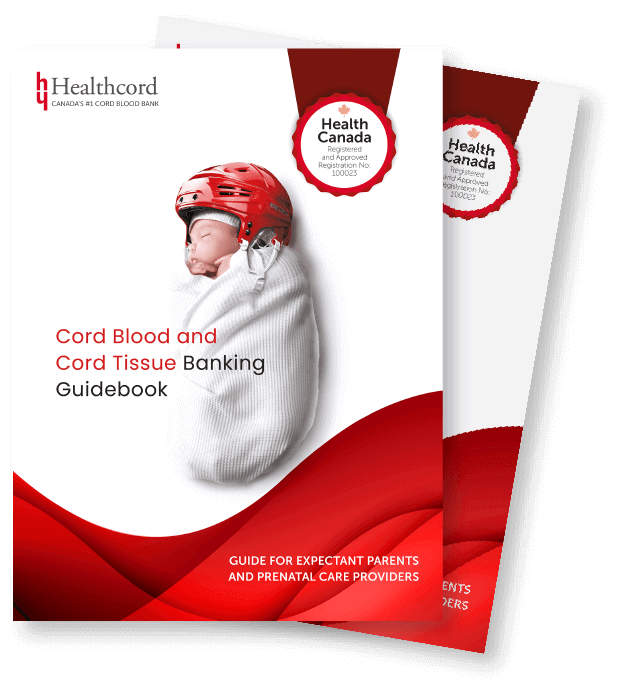
Stem Cell Treatment Shows Promise in Reducing Biological Age and Improving Cognition

A recent case study demonstrated the potential of stem cell therapies and regenerative treatments to help combat aging and boost brain health.
The study followed a 79-year-old man with memory loss and cognitive decline, who underwent a combination of therapeutic approaches including stem cell components from umbilical cord tissue, delivered intranasally to target the brain directly, peptides designed to protect and repair neurons, and a process called therapeutic plasma exchange (TPE), which filters the blood to remove harmful substances.
Over 16 months of treatment, the 79-year-old patient experienced stunning results:
- His biological age (as measured by cellular health markers) dropped by 7.9 years.
- Telomeres—which work as chromosome caps—lengthened, improving cellular health.
- Cognitive tests showed improvements in memory, attention, and reaction time. For the patient, these changes meant finishing sentences, recalling tasks, and completing daily activities with ease.

With over 55 million people affected by dementia globally and nearly 10 million new cases diagnosed yearly, finding effective treatments for cognitive decline is crucial. Currently, no therapies can reverse dementia, making this study’s findings particularly significant.
While these treatments remain experimental, the findings suggest that stem cells and regenerative medicine may redefine how we approach aging and cognitive health. This study offers hope for families and patients like this 79-year-old man who used to have trouble finishing his sentences and difficulty with memory recall. These initial results suggest a possible new direction in treating age-related cognitive conditions.
References
Lee and M. Burns, ‘Improving Biological Age, Telomere Length, and Cognition: A Case Report on the Use of Therapeutic Plasma Exchange, Peptides, Umbilical Cord Tissue Mesenchymal Stem Cells and Exosomes in a Patient with Cognitive Decline’, Journal of Restorative Medicine, vol. 14, no. 1, Jun. 2024, doi: 10.14200/jrm.2024.0001.
Related Posts

Novel Cord Blood Stem Cell Treatment Leads to HIV Remission


Stem Cell Transplantation Shows Potential in Stroke Recovery









